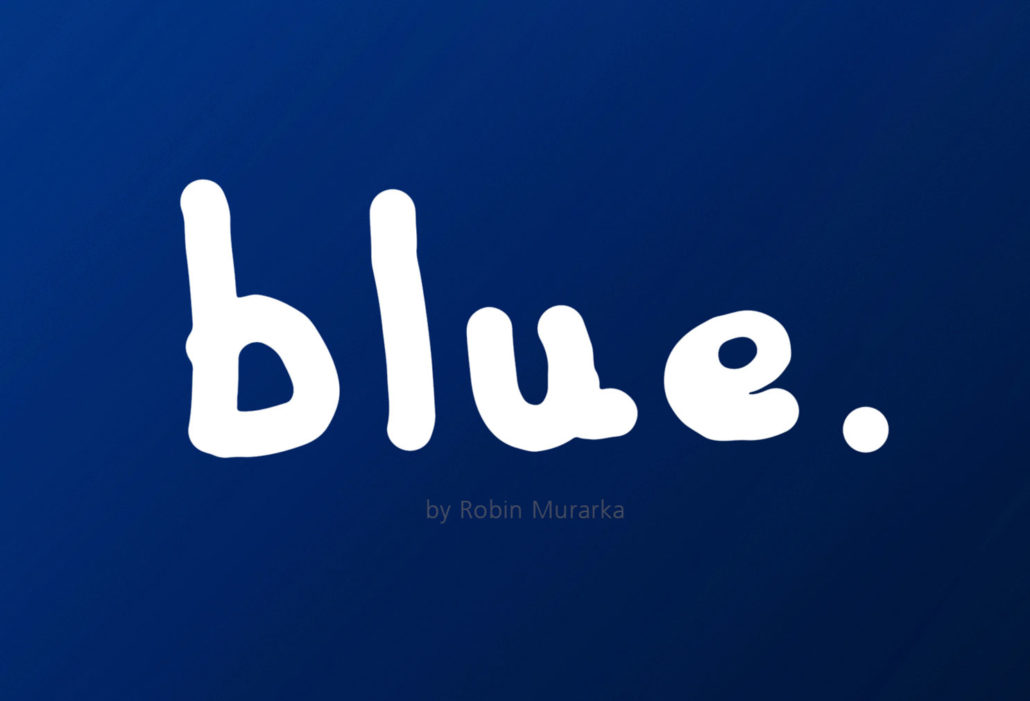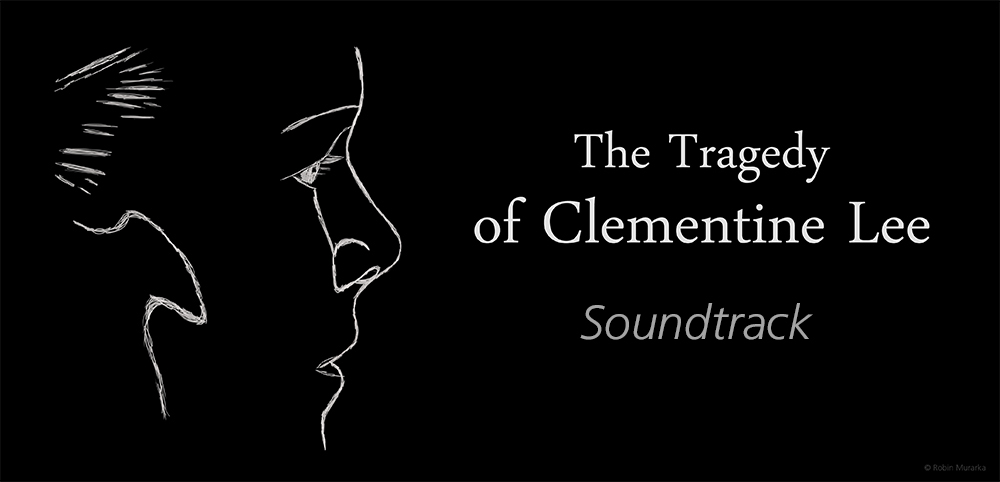What is Literary Fiction?
Generally, the most memorable passage in any story is grounded in the ‘literary fiction’ aspect of that work. This holds true for both movies and books. This is because the ‘literary’ aspect of a scene reveals the humanity behind the world, or a character, allowing you, the reader, to engage personally with them. It traverses that border from observing events and characters to witnessing the underside.
All stories contain some aspect of literary fiction
Every story you’ve enjoyed has elements of literary fiction within it, otherwise you would have had very little interest in reading it.
Good literary fiction is:
- Exciting
- Entertaining
- Drives the plot and is plot driven
- Creative and exploratory
- Realistic
- Consistent to the character(s)
- Careful never to keep the reader waiting
Good literary fiction is not:
- Boring
- Unnecessarily long & descriptive
- Void of story or plot
- Arbitrary and unrealistic
- Cliche
- Inconsistent to the character(s)
- Annoying due to poor application
Revenge is literary fiction
Literary fiction explores the humanity behind a character’s actions; although we may enjoy a revenge thriller, without an understanding of the motivation behind it (the literary aspect), the story is not engaging. Conversely, if the motivation behind revenge is greatly shared by the reader, so too will the satisfaction be greater when it is satiated.
Happiness vs Sadness
Literary fiction has a bad rap for focusing on the darker aspects of humanity, but this is a misnomer. Joy, adoration, love and hope are as integral to the spectrum of human emotion as depression, sorrow, pain and longing is. The difference between a cosmetic romance, for example, versus the romance in a literary novel, would be that love is not struck simply by two characters looking at one another; the characters would experience realistic and interesting things as one would in a real courtship, with emotive benefits and pitfalls.
A literary romance makes the characters work, and in turn, the reader works with them. However, along with these discoveries comes the rewards, for a kiss in a literary novel will be substantially more palatable than one in a facetious romance; in fact, the better the literary work, the more the reader personally experiences the kiss, creating a memory of affection they may find difficult to distinguish from their own.
Virtual reality for the soul
Imagine putting on a visor and experiencing a different universe. That is what good literary fiction is. See through the eyes of another, love through the heart of another, cry through the tears of another.
A Time for Both
Is literary fiction better than cosmetic entertainment? Generally, one would say a good work of literary fiction remains a permanent part of a person. The reader evolves and changes and learns while being entertained, while a more cosmetic piece of entertainment serves to stimulate a less personal aspect and fades away into the background relatively quickly.
To truly enjoy a work of literary fiction, one must be willing and able to invest their own emotional energy into the story. In fact, a work of literary fiction can seem downright boring if one does not have the mental capacity or interest in a ‘real’ experience, and would rather just be entertained by blinking lights and loud noises, so to speak.
We all experience ups and downs in life, and sometimes priorities make it impossible for us to do anything but sit back and watch a circus. At other times, we want to be immersed in a different world and be deeply engaged by a life we would have otherwise never experienced.
This is why, if the time is right, and you are able to focus and connect, nothing can surpass literary fiction; having completed a good story littered with literary aspects, you will have lived a different life, and be greatly satisfied as a result.
Literary fiction has high demands and high rewards
It may take a bit more dedication, a bit more time to yourself, but a good work of literary fiction will reward you ten fold with irreplaceable experiences you won’t soon forget.
About this Article
This was sourced as an interview with Robin Murarka as a loose introduction to the literary fiction genre. It also serves as a way to introduce readers to ‘AKIN‘ and to explain in some detail the nature of the work and what readers can hope to expect from it. You can sample some of Robin’s work on this site, most of which carry some literary element or another. You can also read the full first chapter of ‘AKIN’ which is a great example of the genre.







